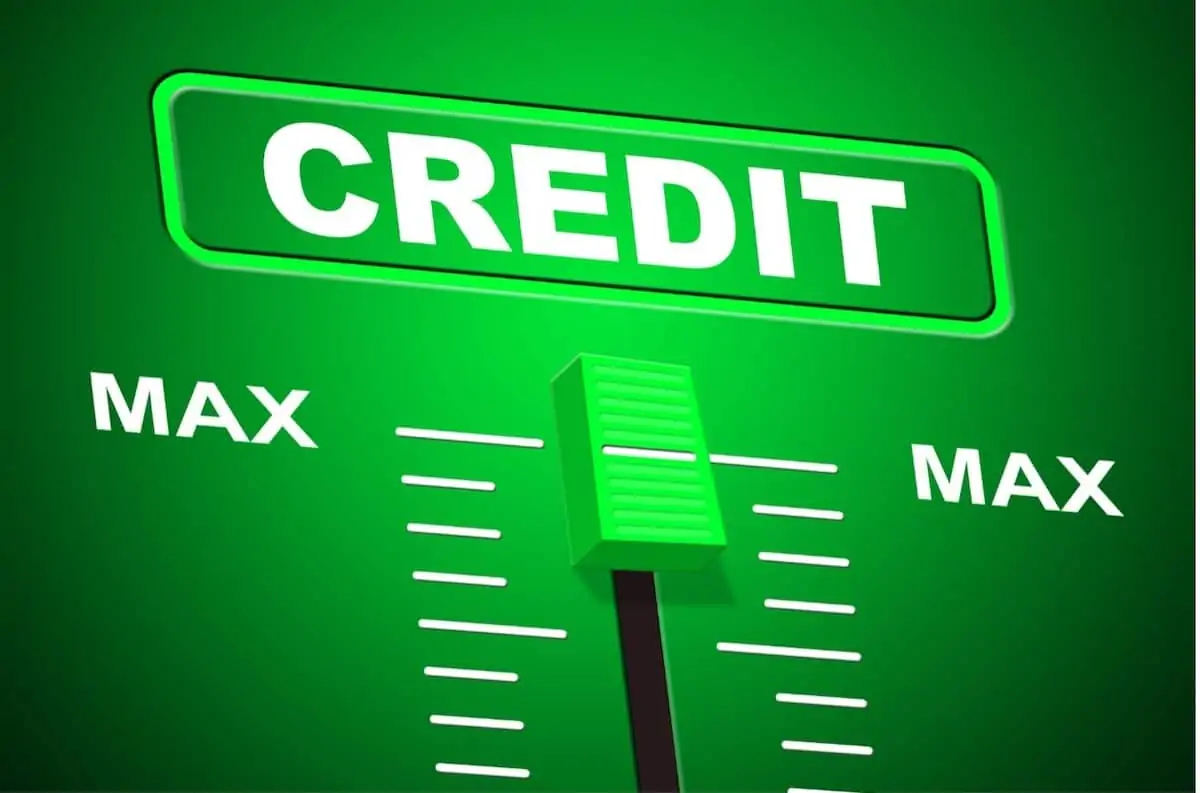Have you ever wanted to get a loan but were told your credit score wasn’t good enough? A good credit score is key in maintaining your personal finances and can be the defining factor of whether you can access the best financial services out there.
This article will break down what makes a good credit score and help you understand where you sit in relation to others.
What is a Good Credit Score?
A credit score usually ranges between 300 to 850 and measures your creditworthiness. Lenders will look at this score to determine how reliable you are with credit repayments, and will decide whether the risk of lending money to you is worth it.
You may be wondering, what is a good credit score? Or perhaps more specifically, is 700 a good credit score?
FICO is one of the most popular systems of credit scoring, so knowing what is a good FICO score will help you understand how lenders will consider your score. Normally, a good credit score is between 670 and 739. Fair credit scores are between 580 and 669, whereas those that fall in the range of 740 to 799 are ‘very good’.
Anything higher than 800 is great and would mean you have nothing to worry about!
The average of a good credit score in USA is 716 for 2021.
What is a Good Credit Score to Buy a Car?
Your credit score does impact what kind of car loan you can access. Most of the time, a ‘good’ credit score (between 670 and 739) will be enough for most lenders to approve your car loan application.
Factors That Impact Your Credit Score
What are the things that end up impacting your credit score? Knowing this will be essential when you are trying to improve your own score. These are the elements that credit scoring systems will consider when evaluating your creditworthiness.
Payment History
It should come as no surprise that the biggest factor affecting your credit score is your payment history. This shows how you have kept up with your previous repayment plans for loans such as credit cards, mortgages, and more. It will also display any debts that you still have.
Payment history acts as a track record to highlight how reliable you are with your payments. A few late bills may not matter that much, but if you are consistently late on bill payments, this will negatively impact your payment history and overall credit score.
Credit Utilization
Another factor that is highly influential in your credit score is your credit utilization. This depicts the amount of credit you have been using, in proportion to your overall credit limit.
For example, if your credit card has a limit of $10,000 and you are using $1,000, you are utilizing 10% of your credit.
It is recommended that you don’t use more than 30% of your credit limit. In order to have a good credit score, you may have to keep this percentage down to around 10%.
Less is good because it shows credit bureaus that your spending patterns are not risky. It also shows that you are aware of your own finances and are taking steps to not max out your credit.
Length of Credit History
The longer your credit history, the better! This part essentially looks at how long you have had credit for.
A longer credit history gives credit bureaus more to work on and evaluate. This is why you will need to have at least one credit account for six months or more in order to even have a credit score generated for you.
If you have had credit for a long time and the credit is positive, it shows bureaus that you are highly reliable. This will result in a good credit score!
Credit Types
If you have a more diverse set of credit accounts, it gives credit bureaus more to work on as well. It will show them that you are capable of handling multiple credits while remaining up to date with your repayments.
How to Improve Your Credit Score
If you don’t like where your credit score is at now, don’t worry! These steps will help you improve your score over time.
Pay Your Bills on Time
With payment history being the largest component of a credit score, you would want to improve your repayment habits to secure a better credit score!
Make sure to keep up to date with what you have to pay – and when. List them down and set reminders so you never miss a payment date. It’s also beneficial to budget your month by considering how much you will have to spend on your debts.
Reduce Your Credit Utilization
Another method of improving your credit score is to make sure not to use too much credit. Start restricting your spending by sticking to a budget plan or by making sure you don’t spend more than you have.
Keep Your Credit Accounts Open
Your credit history matters, so keeping your credit accounts open even after your debt is repaid can be a good thing. As long as the fees are not too high, this can be beneficial, as it will positively impact your credit score over time.
Understanding Your Credit Score
A good credit score is essential when you want to access the best loans out there. You will have to know where you stand on the credit score rating, and how well you compare with others.
If you want to improve your score, you can do this by paying your bills on time and reducing the amount of credit you are using.
Did you find this article helpful? Check out more helpful tips on our blog.

